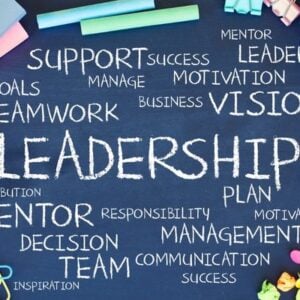The World Health Organization (WHO) has released a report titled “Saving Lives, Spending Less”, highlighting that an additional investment of just US$3 per person annually in combating noncommunicable diseases (NCDs) could generate economic benefits of up to US$1 trillion by 2030. The report also analyzes country-level progress in reducing NCD mortality between 2010 and 2019. While 82% of countries recorded reductions during this period, the rate of progress has slowed in most regions, with some countries seeing a resurgence in NCD-related deaths. NCDs are responsible for the majority of global deaths, and over one billion people live with mental health conditions. Alarmingly, nearly 75% of deaths from NCDs and mental health disorders occur in low- and middle-income countries, resulting in 32 million lives lost annually.
Ahead of the Fourth United Nations General Assembly High-Level Meeting (HLM4) on 25 September 2025, which will focus on the prevention and control of NCDs and promotion of mental health, WHO Director-General Dr. Tedros Adhanom Ghebreyesus emphasized that NCDs and mental health conditions are “silent killers” that require urgent investment. NCDs include cardiovascular diseases, cancers, chronic respiratory diseases, and diabetes, while mental health conditions such as anxiety and depression affect people across all ages and income levels. Without accelerated action, millions more lives will be lost prematurely.
Between 2010 and 2019, most countries made progress in reducing premature NCD deaths, but 60% experienced a slowdown compared to the previous decade. Denmark recorded the largest improvements, while countries such as China, Egypt, Nigeria, Russia, and Brazil also saw declines in mortality. Reductions were largely driven by decreases in cardiovascular diseases and certain cancers, including stomach, colorectal, cervical, breast, lung, and prostate cancers. In contrast, pancreatic and liver cancers, along with neurological conditions, contributed to rising mortality in several nations.
WHO stresses that solutions to tackle NCDs and promote mental health are affordable and highly cost-effective. However, governments often face strong lobbying from industries producing tobacco, alcohol, and ultra-processed foods, which seek to block or delay life-saving policies. Scaling up WHO’s “Best Buys”—high-impact interventions such as taxing tobacco and alcohol, protecting children from harmful marketing, managing hypertension, and expanding cervical cancer screening—would cost just US$3 per person per year. Full implementation could save 12 million lives, prevent 28 million heart attacks and strokes, add 150 million healthy life years, and generate over US$1 trillion in economic benefits by 2030.
The upcoming HLM4 represents a critical political opportunity to accelerate global action. WHO calls on governments, partners, and communities to fund and implement evidence-based interventions, strengthen primary health care, protect children, expand access to essential medicines, secure sustainable financing, set bold targets, and prevent industry interference in health policy. A strong, action-oriented Political Declaration at HLM4 can reaffirm global commitment to reducing NCDs and promoting mental health, delivering long-term impact and saving millions of lives while strengthening economies worldwide.






